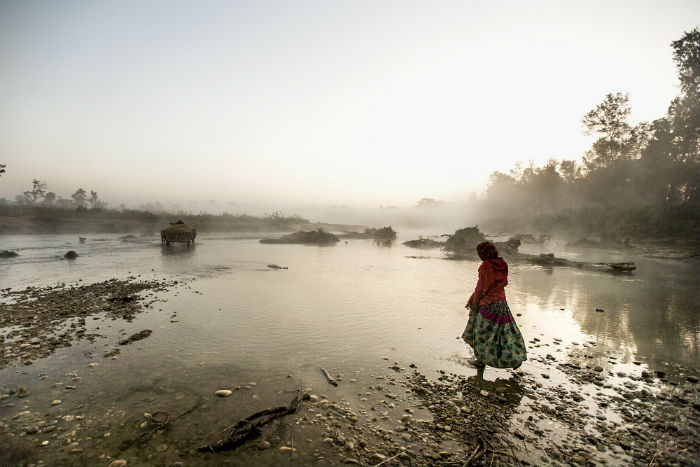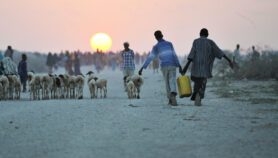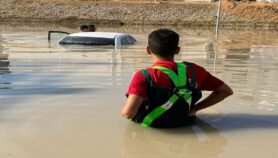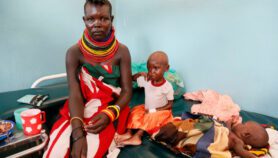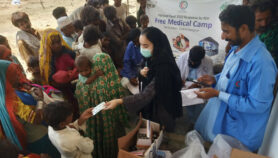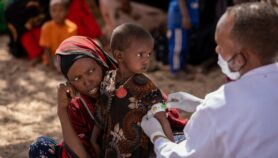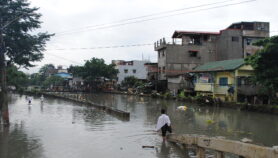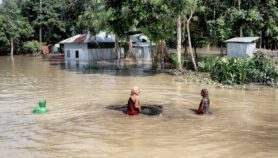By: Lou Del Bello
Send to a friend
The details you provide on this page will not be used to send unsolicited email, and will not be sold to a 3rd party. See privacy policy.
If you are unable to listen to this audio, please update your browser or click here to download the file [46.0 MB]
The powerful earthquake that struck Nepal on 25 April could be just the first of a series of quakes to hit the region in coming weeks.
Future tremors could add to the current death toll of more than 4,800 people and make it harder for aid agencies to deliver help where it’s needed. While NGOs are saving lives on the ground, freeing people trapped under the rubble and building emergency shelters, we learn how a team of mappers in the United Kingdom teamed up with the organisation Kathmandu Living Labs to build a real-time map of the affected areas. Their work could allow humanitarian staff to deliver aid faster and more effectively, particularly if there are further tremors.
In this month’s podcast, we also discover how a new device that filters the blood of people with malaria may strengthen efforts to fight drug-resistant forms of the disease. The device, which works like a kidney dialysis machine, uses the magnetic properties of the infected cells to capture them and remove them from the blood.
We then talk with Melissa Leach, director of the Institute of Development Studies in the United Kingdom, about how social and cultural factors must be considered if more-resilient healthcare systems are to be built in Ebola-stricken countries
On the issue of public health, we speak with Martin Sepulveda from the research division of the IBM Corporation, United States, about a new index to measure fairness in research.


